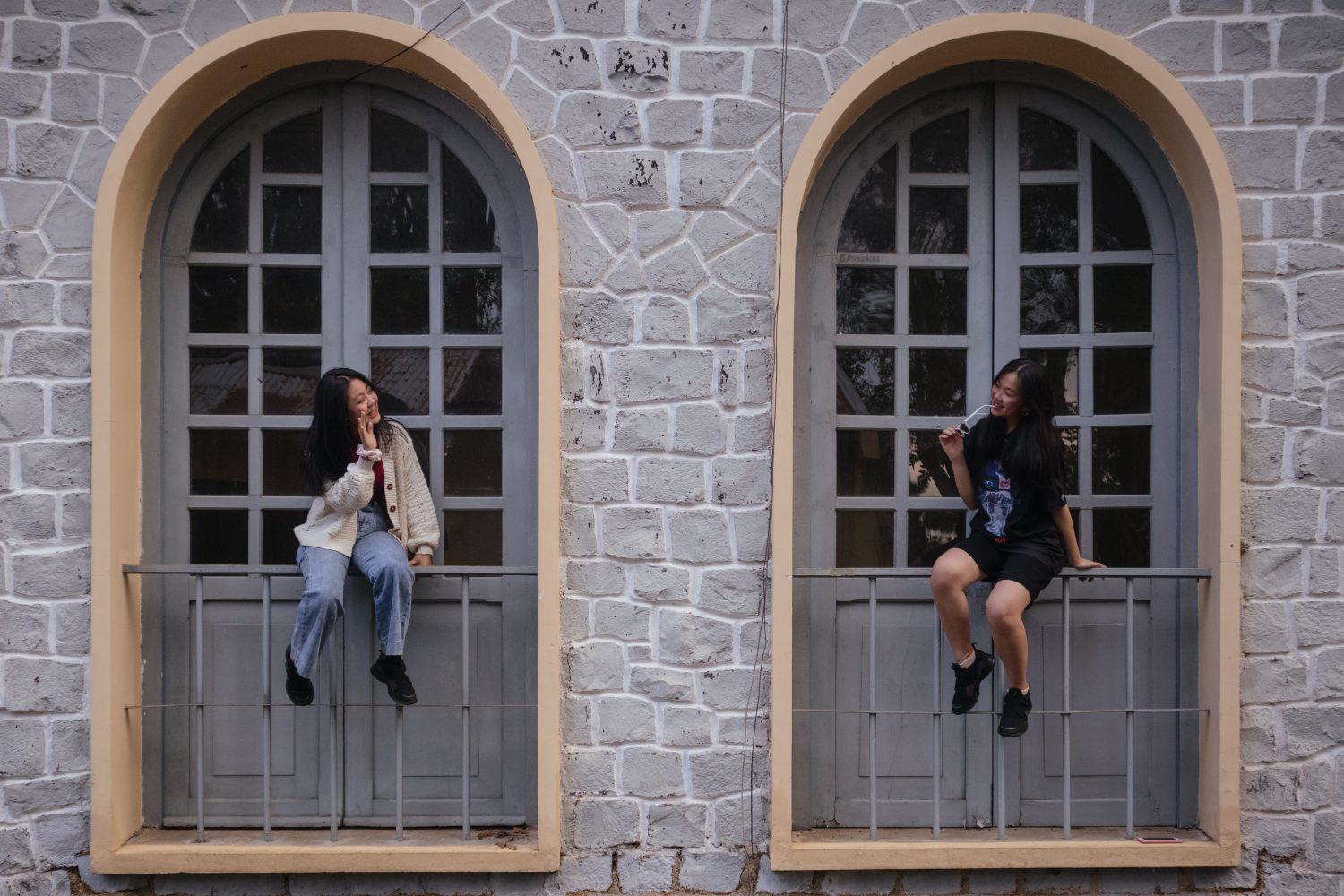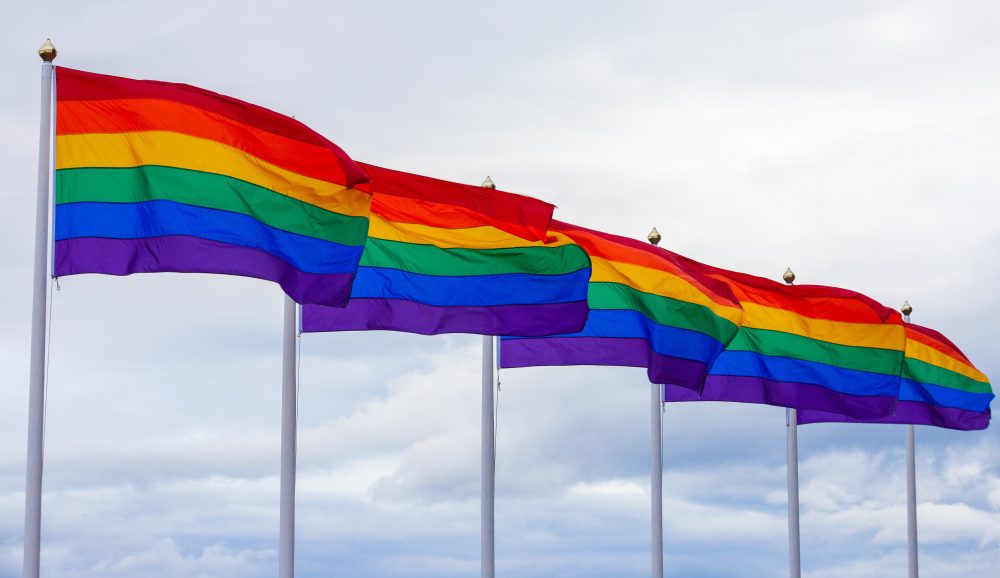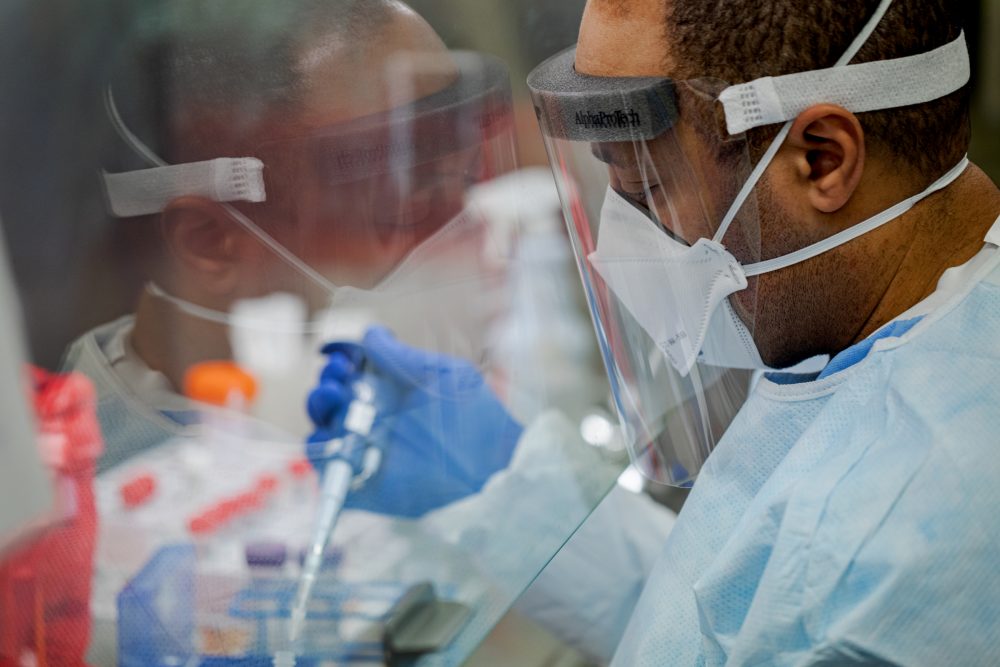Turning Uncertainty into Action: Three Simple Steps
Since we launched our CDP COVID-19 Response Fund in early March, we’ve been fielding many calls and emails. Quite a number of these are seeking our advice and guidance on how best to respond. That is normal, after all, disaster expertise is a key pillar of our work. However, the tenor of the questions is […]

Since we launched our CDP COVID-19 Response Fund in early March, we’ve been fielding many calls and emails. Quite a number of these are seeking our advice and guidance on how best to respond. That is normal, after all, disaster expertise is a key pillar of our work. However, the tenor of the questions is slightly different with the COVID-19 crisis. And that is due to key aspects of this disaster that make it different than any before it.
For starters, we are all impacted. The degrees of impact will vary greatly, but this pandemic does not know borders, nor does it discriminate in its impact. Right now, there are enormous pressures on the frontline workers of hospitals, clinics and health centers. And yet this pandemic – an illness – is carrying reverberations beyond the medical and public health realms. Reverberations that will be felt by many long after a novel coronavirus vaccine has been developed.
The closures of businesses and schools, employment furloughs, precipitous stock market drops, and stay-at-home orders bring with them immediate and long-term impacts. And they connect in ways that will require multi-faceted solutions. For example, reopening schools is not enough for children who were already struggling to keep up; they will have fallen farther behind. Lifting the stay-at-home orders will not address the myriad of issues they created, such as depression due to social isolation, increased domestic violence or the risk of homelessness due to loss of income.
The scale of needs, the scope of the crisis and the personalness of this crisis can cause uncertainty about how and where to help. Here are three practices you can use to break the paralysis:
- Kindness. And not a little, a lot. Be kinder than you are normally. As a society we face an incredible challenge of flattening the curve and we know that we do this through relying on each other. We need to be our best selves. We need to call our neighbors and friends. We need to be patient with each other and recognize that we don’t know the pressures any one of us may be feeling on any given day. We need to respect and thank those who are risking their lives to help us stay quarantined – and this includes not only the doctors, nurses, technicians and the many hospital support staff on the frontlines, but also the retail workers, the delivery drivers and multitude of municipal workers. And the best bit? In helping others, you will be helping yourself. Kindness creates connections, it promotes calmness and combats depression. A win-win.
- Giving. Give in any and every way you can. Possibly this will be financial, but this is far from the only way to help. But if it is financial, now is the time to be flexible. Do your due diligence, find an organization you trust and set up a recurring gift. Empower your chosen organization to use their skills and knowledge to respond in the best way possible, even if it means spending your money in ways not currently foreseen.
- Understanding. The response and recovery to the COVID-19 pandemic will take time, it will take a long view and it may well take resources beyond the scale of any disaster in our memory. And it will not be the only disaster the world will face in 2020. Even now, in the U.S., and across the globe, there are natural hazards and man-made crises occurring that are forcing people from their homes. COVID-19 has shrunk the world, for we know that for us to recover, we need all communities to recover.
Through practicing kindness, giving and understanding, we’ll not only beat COVID-19, but we’ll be a stronger society for it.
More like this

For equitable recovery from COVID-19, we can’t leave LGBTQ+ people behind

